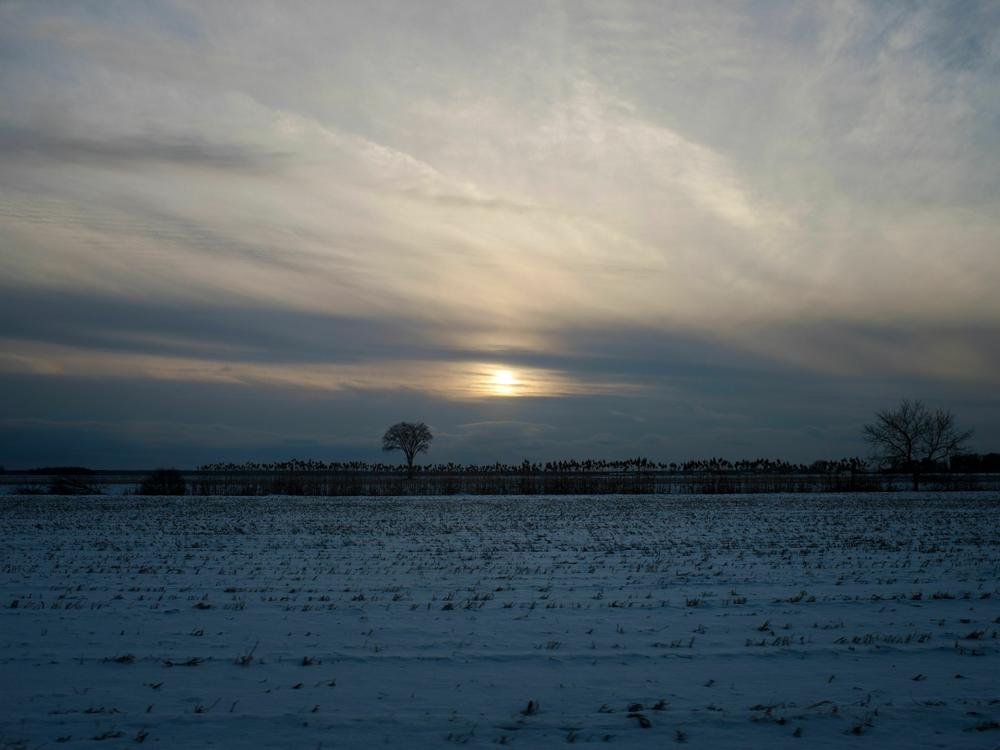Section Branding
Header Content
Opinion: Watch out for Super Pigs!
Primary Content
Just when you think we might have more than enough to worry about, something else appears: Super Pigs.
Researchers at the University of Saskatchewan's Canadian Wild Pig Research project have told Field & Stream that these invasive hybrids of domestic pigs and European wild boars now roam over hundreds of thousands of square miles of central Canada. And, they have begun to cross into the United States.
I'm amazed, by the way, that algorithms pushed articles from Field & Stream to my news feed. Field & Stream is an online magazine for people who hike, hunt, fish, camp and love the outdoors: essentially, everyone but me.
But, I clicked, and learned that these wild super pigs were bred by farmers to thrive in the extreme winters of the Canadian Prairies. "Large body animals survive the cold better and have better reproduction in those conditions." Dr. Ryan Brook of the Wild Pig Research Project told Field & Stream - whose site I have now bookmarked.
But larger bodies and more prolific reproduction created new problems. Progress often does. The larger pigs began to meet, date, discover mutual interests, fall in love and start families. (I am perhaps being a touch romantic here.)
To quote the original Jurassic Park movie, "Life, uh, finds a way."
The population of wild super pigs began to swell. Inevitably, some pigs broke through their fencing. Now they prowl the prairies. And they're hungry.
Wild super pigs are not fussy eaters who ask, "Excuse me, chef. Are these scallions or ramps?"
"Wild hogs feed on anything," says Dr. Brook. "They gobble up tons and tons of goslings and ducklings in the spring. They can take down a whitetail deer, even an adult, not to mention the crop damage."
Dr. Brook says it would be impossible to eradicate the super pigs. But researchers in the U.S. and Canada have begun a program they call "Squeal on Pigs," which urges people to report any wild pig they may glimpse, say while walking the dog or outside the Denny's. And they have fixed GPS collars around some, to track them back to their friends. Who's squealing now?
Experts thought cross-breeding domestic pigs with wild boars would develop a hardy new stock. But now these super pigs range so freely, and wreak such mayhem, it might remind us that bold new solutions to current problems often shine brightest on paper, on screen or in a lab. Then they run smack into real life.
Copyright 2023 NPR. To see more, visit https://www.npr.org.

